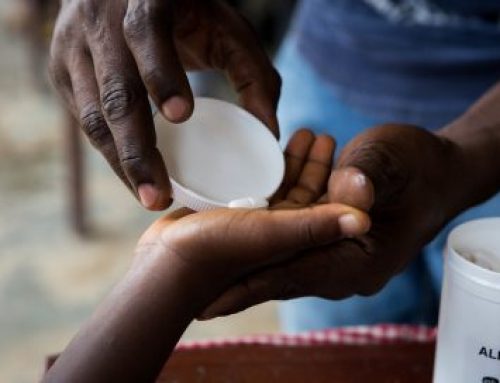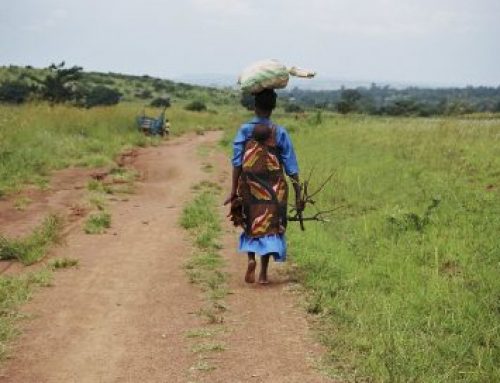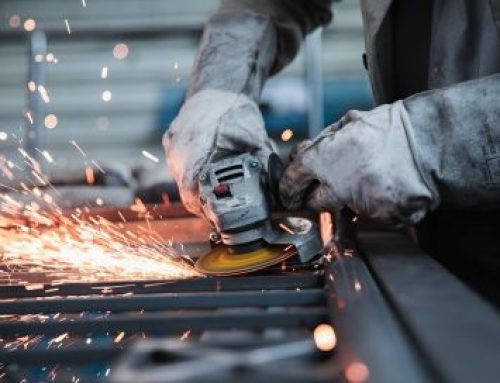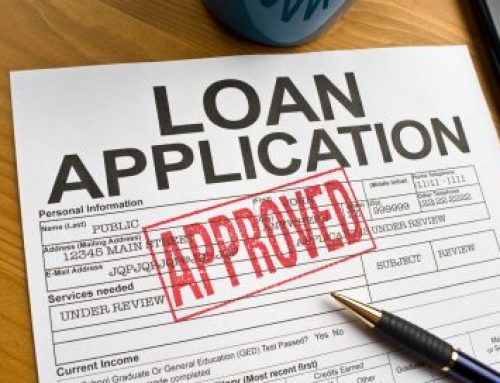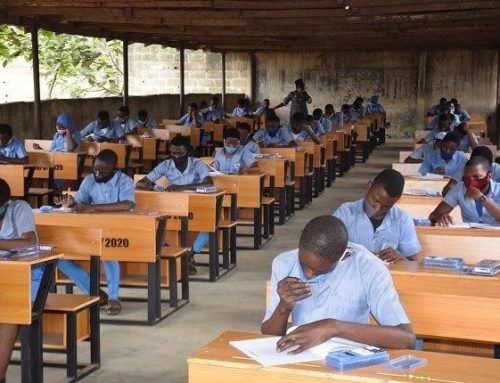
Research question
Predatory oil sector-related corruption is both endemic among the politically powerful in Nigeria and provides rents for redistribution that allow some ‘live and let live’ coalitions to provide political stability. Is it possible to achieve system-wide anti-corruption reform in the Nigerian extractives sector? If not, where is it possible to identify feasible solutions to the most problematic consequences of widespread and interdependent externalities of oil-sector corruption?
Project summary
This study focuses on examining empirically the effectiveness of system-wide anti-corruption policies, institutions and programmes on the oil and gas sector, and by extension the economic performance of Nigeria. While the country has earned well over US$1.23 trillion since the discovery of oil, poverty, unemployment, inequality continue to pose significant development and policy challenges. Part of the weak link between oil and gas earnings and development outcomes has been attributed to corruption, leakages, oil theft, and pervasive weak governance, institutional and regulatory structure in the sector. To resolve this issue, successive governments in Nigeria have put in place anti-corruption programmes, including establishing agencies like the Economic and Financial Crime Commission (EFCC) and the Independent Corrupt Practices Commission (ICPC). However, the effectiveness of these national agencies in addressing sectoral weaknesses remains an empirical issue – see project summary ‘The politics and effectiveness of Nigeria’s EFCC’. Our central hypothesis is that systemic reform in the extractives sector will be difficult to achieve in the medium term. The data and evidence collected by mapping the interdependent policies that create rents for different organizations and interests in the sector will help us gain much better idea of how and where rent capture takes place, and the extent of the damage. We plan a comprehensive analysis that includes health-related negative externalities due to gas flaring in the Niger Delta, the transportation networks used in the capture of the Petro-Equalization Fund, the dealership network for generators used for self-generation and other related issues. We will then analyse where it may be possible to address some of these issues without focusing on more problematic areas in this set of interdependencies. The potential of true reform resulting from the Petroleum Industry Bill (PIB) will also be considered.
Partners
Dr Pallavi Roy and Dr Joseph Ajefu (SOAS University of London), Professor Adeola Adenikinju, Elias Olubusoye, Niyi Falobi, Ronke Omotosho, Nkechi Oranye (CPEEL, University of Ibadan), Calvin Laing (Stakeholder Democracy Network).

Infographic © www.stakeholderdemocracy.org


